September marks Suicide Prevention Awareness Month.
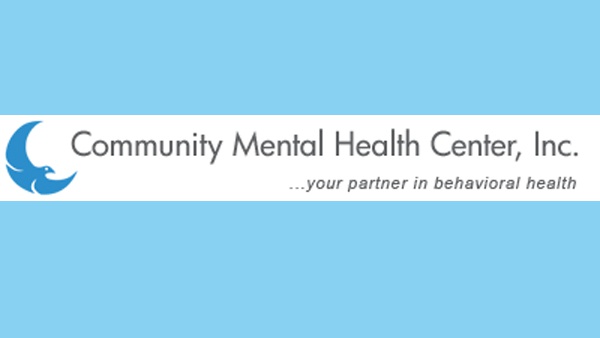
(Lawrenceburg, Ind.) - Would you be able to see the warning signs if someone you know may be contemplating taking their own life? Your awareness of these signs and your willingness to learn, share and listen to friends and loved ones who may be in crisis can help reduce the risk of losing a friend or loved one to suicide.
One of the keys to prevention is fostering a willingness to learn, share, and listen so you can assist others in getting help they may need. Suicide Prevention Awareness Month, marked every September, brings focus to a challenge that has continued to grow throughout our country in recent years. Everyone can play a role in being aware and reaching out to friends and families to help those who may be contemplating suicide.
Community Mental Health Center, Inc., 285 Bielby Road, Lawrenceburg, understands that, because the consequences of suicide to an individual’s family and friends, and to the community at large, can be devastating, it is essential that everyone knows that help and informational resources are available. This is especially true when people may be continuing to experience isolation and stress due to the COVID-19 pandemic.
CMHC is engaged in two important initiatives, one in its communities and one at the state level, both designed to enhance services for individuals in crisis. CMHC has created a Mobile Crisis Services Program to respond to individuals in crisis in our communities. Mobile Crisis Services staff members can work with individuals where they are and help them to connect to other community resources to address crisis situations. This initiative is part of CMHC’s ongoing development of its Certified Community Behavioral Health Clinic (CCBHC) Project.
The agency also is participating in Indiana’s efforts to develop statewide capabilities for the federal 988 National Suicide Prevention Lifeline service. This will establish 988 as a three-digit telephone number similar to 911 but specifically for individuals in potential suicidal crisis. Individuals who call the 988 number will be routed to local providers for crisis services. CMHC representatives are among those participating in state-level meetings with representatives of the Indiana Division of Mental Health and Addiction to continue to move plans forward. The project, administered by the Federal Communications Commission, is scheduled to be up and running by the summer of 2022.
For the year 2019 nationally, there were 47,511 deaths by suicide, a rate of 13.93 per 100,000 people. There were an estimated 1.38 million suicide attempts in 2019. Indiana recorded 972 deaths by suicide in 2019, a rate of 14.2 per 100,000, giving the state the 36th highest rate of suicides per 100,000 people. These statistics can be found on the websites of both the U. S. Centers for Disease Control and Prevention and the American Foundation for Suicide Prevention.
“COVID-19 has caused many of us to have increased anxiety and stress in our lives. When this is added to the mental and physical challenges already being experienced by some, it can be overwhelming,” said Greg Duncan, Executive Director of Community Mental Health Center, Inc.
“CMHC has a wide range of services to help those struggling with mental or physical challenges. We are in a unique position to assist individuals on their journey to recovery,” said Mr. Duncan.
According to the CDC, suicide is the third leading cause of death in Indiana for those ages 10 to 24, the second for those ages 25 to 34, the fourth for those ages 35 to 44, the fifth for those ages 45 to 54, the ninth for those ages 55 through 64, and the 18th for those ages 65 years old or older. More than twice as many people die by suicide in Indiana annually than by homicide, and more than four times as many people died by suicide than in alcohol-related motor vehicle accidents.
The Indiana Department of Health collected data showing a total of 4,096 deaths by suicide from 2011 to 2015, the last data reported by county on IDOH’s website. Data reveals the following numbers of suicides in Southeastern Indiana from 2011 to 2015: Dearborn County – 37 (age-adjusted rate of 15.3/100,000 population); Franklin County – 18 (15.7); Ohio County – 3 (10.0); Ripley County – 16 (11.2), and Switzerland County – 11 (21.0).
The CDC indicates 90% of those who died by suicide had a diagnosable mental health condition at the time of their death. Experts believe that most suicidal individuals do not want to die. They only want to end the pain they are experiencing. Experts also know that suicidal crises tend to be brief. When suicidal behaviors are detected early, lives can be saved.
One of the keys to suicide prevention is to know the warning signs of someone who may be considering a suicide attempt. These may include: talking about suicide, death, or having no reason to live; being preoccupied with death and dying; expressing a sense of helplessness; withdrawal from friends and/or social activities; drastic changes in behavior, including mood swings and increased anger; giving away possessions, and an increase in use of alcohol or drugs. Warning signs of acute risk include: threatening to hurt or kill him or herself or talking about wanting to hurt or kill him or herself; looking for ways to kill him or herself by seeking access to firearms, available pills or other means of harm, and talking or writing about death, dying or suicide, when these actions are out of the ordinary.
To help someone who may be considering suicide, be aware of these signs and get involved with helping the person. Be willing to listen to what the person has to say, but don’t be judgmental or debate with the person. Talking about suicide does not cause someone to become suicidal. Seek support for the person, offer hope that alternatives are available, and take action to remove potential means of suicide and by contacting individuals and/or agencies who specialize in crisis intervention and suicide prevention. Many times, the simple offering of hope and social and spiritual support can avert a suicide attempt entirely.
CMHC provides crisis intervention services at its Main Center in Lawrenceburg. The Center also offers crisis intervention services using a 24-hour toll-free hotline at 1-877-849-1248, and Mobile Crisis Services are available by calling 812-537-1302. For more information, contact CMHC at (812) 537-1302, or go to our website at www.cmhcinc.org to find an office near you.
All CMHC services are provided without regard to race, religion, disability, gender, gender identity, color, age, national origin, ancestry, ethnicity, sexual orientation, political belief, status as a veteran, or any other characteristic protected by federal, state or local law.

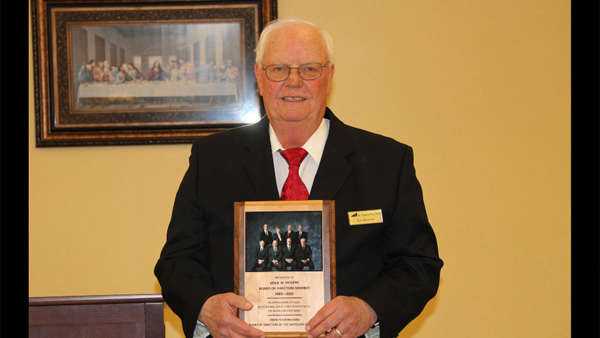 Napoleon State Bank Announces Retirement of Former President, Board Member
Napoleon State Bank Announces Retirement of Former President, Board Member
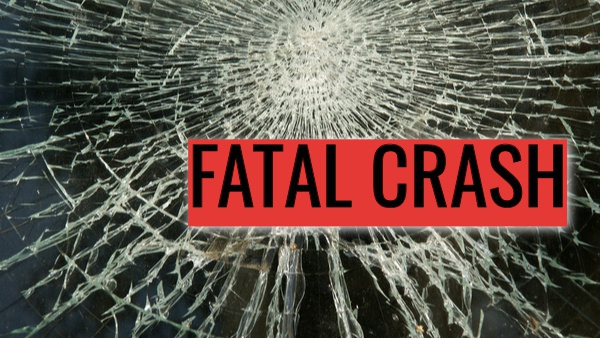 Indy Woman Identified as Victim of Fatal Crash on State Road 56
Indy Woman Identified as Victim of Fatal Crash on State Road 56
 New Patient Care Manager Named at Our Hospice of Jennings County
New Patient Care Manager Named at Our Hospice of Jennings County
 Arrest Made in Green Township Road Rage Incident
Arrest Made in Green Township Road Rage Incident
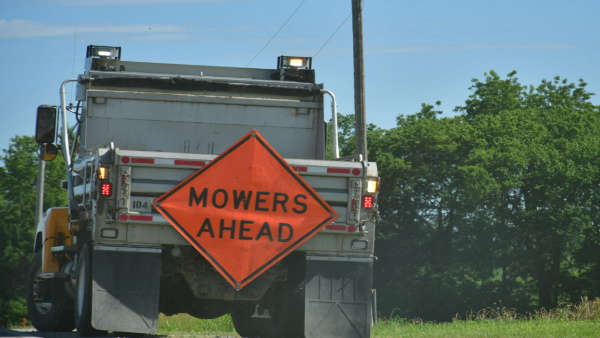 Ripley Co. Highway Dept. Urges Motorists to Watch Out for Mowing Crews
Ripley Co. Highway Dept. Urges Motorists to Watch Out for Mowing Crews
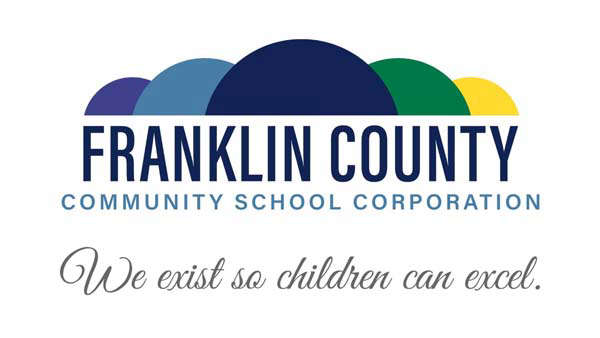 Middle School Student Found with Pocket Knife Facing Disciplinary Action
Middle School Student Found with Pocket Knife Facing Disciplinary Action












